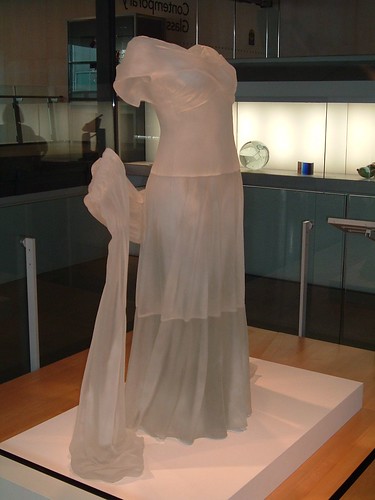Hoyt over at Donutbuzz has been all over the Manchin/Dupont amicus controversy, but another column defending the Gov in today's Daily Mail compels me to chime in here.
First, a little background, via the New York Times:
The case involves thousands of residents in and around Spelter, W.Va., where DuPont operated a zinc-smelting plant. Last October, a jury in Harrison County ruled that DuPont deliberately endangered those residents by dumping toxic arsenic, cadmium and lead at the plant.
In the largest civil penalty ever levied against DuPont, the court ordered the company to pay nearly $382 million to monitor nearly 8,000 residents in the area for signs of cancer, to clean up the site and pay punitive damages.
I should say something here about West Virginia's court system. Most state court systems (as well as federal) have three tiers: a trial court, a mid-level appeals court, and a supreme court. Every case gets reviewed, at least, by the mid-level court, but the supreme court generally picks and chooses only a few cases to hear each year. In West Virginia, we lack the mid-level court, but the state supreme court maintains control over its docket. As a result, it's entirely likely that a party will never have their case reviewed by a higher court.
With that in mind, it's not surprising that Dupont has asked the state supreme court to review the case. What is surprising - and completely unprecedented, from all indications - is the Gov's decision to file an
amicus ("friend of the court") brief urging the supreme court to do so. While technically not filed in support of Dupont, and couched in terms of ensuring punitive damages cases get reviewed by the court, it's pretty clear whose side he is on.
Against that background, statewide radio host Hoppy Kercheval
writes in today's
Mail:
In fact, what the Manchin administration did is what lawyers, organizations and, yes, government agencies do all the time: The governor's lawyers submitted legal briefs in support of a particular position that's being considered by the court.
Well, no, Hoppy, that's just completely false, at least as it applies to West Virginia. On a meta level, yes, it's not surprising for executive branches to file
amicus briefs. The Solicitor General, who represents the United States before the US Supreme Court, frequently files
amicus briefs in cases where there is some federal interest but the Government is not a party. For example, I downloaded one today for a Supreme Court case involving a Fourth Amendment issue next term. Because it comes out of the Arizona courts, the US isn't a party.
But from all indications, executive
amicus briefs are not part of the regular course of business. In fact, this decision by the Gov is completely unique in the state's history. At the very least, the folks like Hoppy who keep making the "business as usual" argument haven't found one yet.
Perhaps it
should be regular practice - as it is in some other places - for the state via the Gov to pipe up in such cases. But it clearly
hasn't been. And the timing of when to start taking such an interest, and the identity of the appealing party, belies any pretense of neutrality. The Gov's tagline has been "Open for Business" - it's pretty clear to him that means full appellate review of big verdicts against big businesses. I suppose it could chase them off if they think they'll get dinged when the fuck over the plebes.
More from Hoppy:
Manchin believes West Virginia should be like most other states and provide an automatic right to appeal civil verdicts.
I happen to agree with that, actually. Similar review should happen in criminal cases, as well. It's obscene that someone can be convicted of a serious crime and locked away forever (without a chance of parole) and not get any substantive review of their case. But if the Gov's really that concerned about automatic appellate review, why hasn't it been a focus of his administration to create a mid-level appellate court? Again, when the concern in due process only comes up when a big business's ox is gored, it looks a little fishy.
What will be really interesting is what happens if the supreme court takes the case. I imagine that, by that point, the Gov will be smart enough to settle back and let Dupont's well-paid hired guns take their shots. But you never know.
 Hill at the Nurburgring in 1962, in the famous Ferrari 156 "shark nose," courtesy of Wikipedia Commons.
Hill at the Nurburgring in 1962, in the famous Ferrari 156 "shark nose," courtesy of Wikipedia Commons.
























